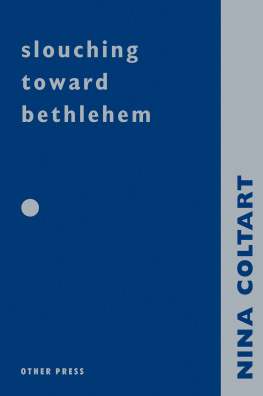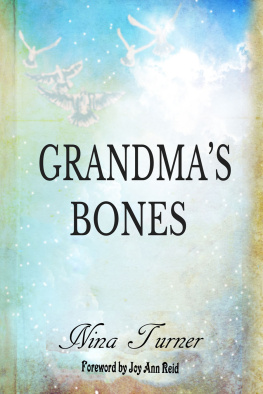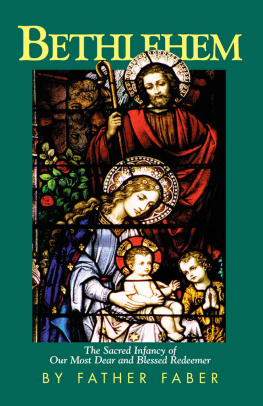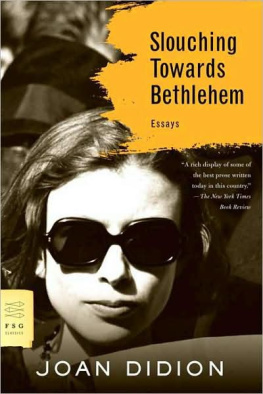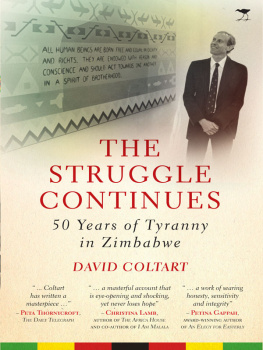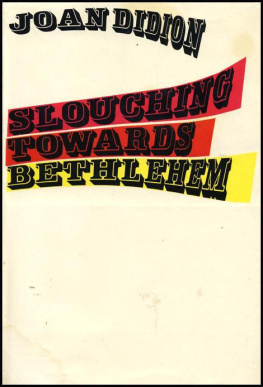Nina Coltart - Slouching Towards Bethlehem
Here you can read online Nina Coltart - Slouching Towards Bethlehem full text of the book (entire story) in english for free. Download pdf and epub, get meaning, cover and reviews about this ebook. year: 2020, publisher: Other Press, genre: Science. Description of the work, (preface) as well as reviews are available. Best literature library LitArk.com created for fans of good reading and offers a wide selection of genres:
Romance novel
Science fiction
Adventure
Detective
Science
History
Home and family
Prose
Art
Politics
Computer
Non-fiction
Religion
Business
Children
Humor
Choose a favorite category and find really read worthwhile books. Enjoy immersion in the world of imagination, feel the emotions of the characters or learn something new for yourself, make an fascinating discovery.
- Book:Slouching Towards Bethlehem
- Author:
- Publisher:Other Press
- Genre:
- Year:2020
- Rating:3 / 5
- Favourites:Add to favourites
- Your mark:
- 60
- 1
- 2
- 3
- 4
- 5
Slouching Towards Bethlehem: summary, description and annotation
We offer to read an annotation, description, summary or preface (depends on what the author of the book "Slouching Towards Bethlehem" wrote himself). If you haven't found the necessary information about the book — write in the comments, we will try to find it.
Slouching Towards Bethlehem — read online for free the complete book (whole text) full work
Below is the text of the book, divided by pages. System saving the place of the last page read, allows you to conveniently read the book "Slouching Towards Bethlehem" online for free, without having to search again every time where you left off. Put a bookmark, and you can go to the page where you finished reading at any time.
Font size:
Interval:
Bookmark:
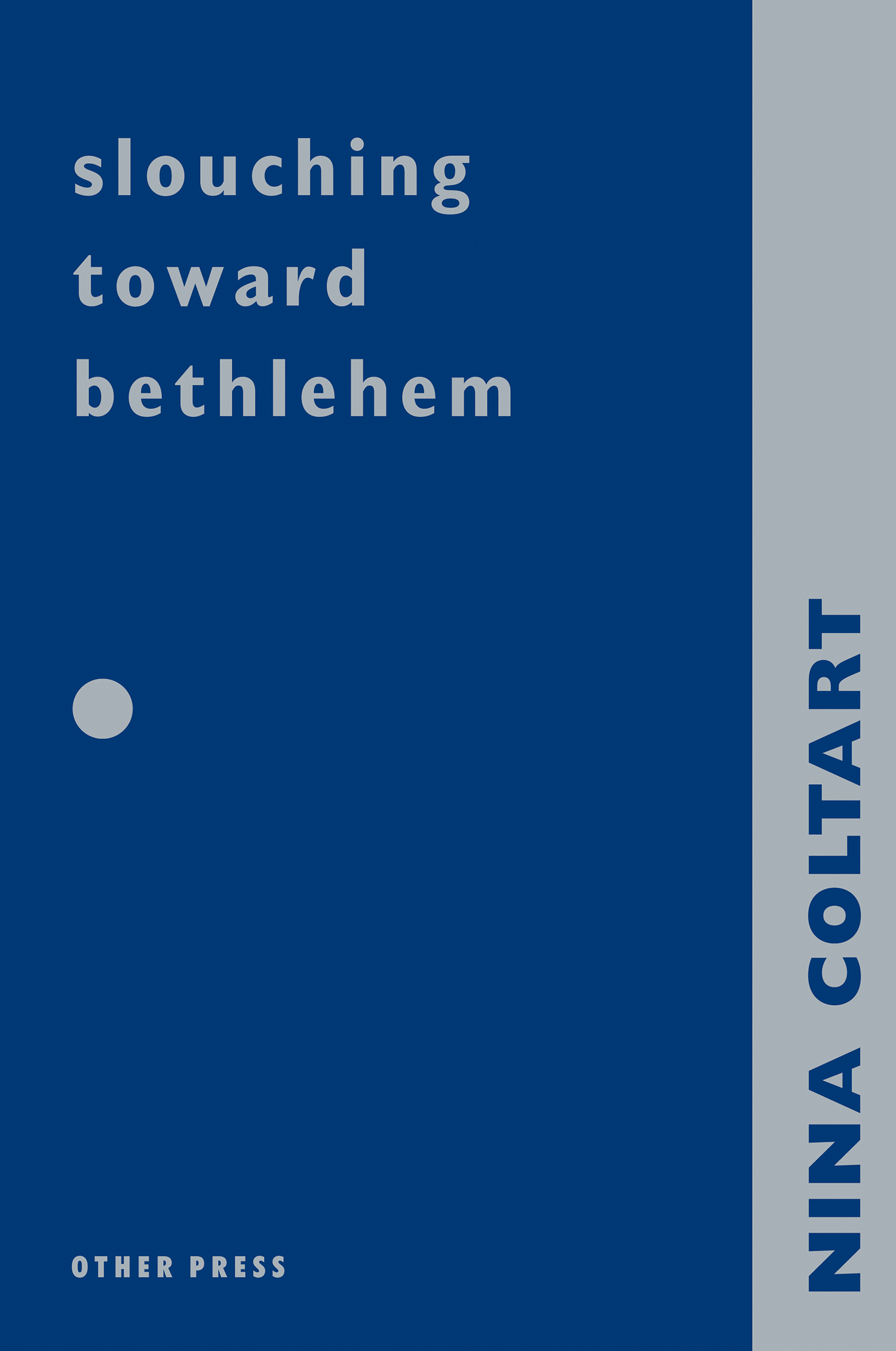
Nina Coltart is a distinguished member of the Independent Group of the British Psycho-Analytical Society, and a greatly admired speaker and supervisor. In her talks and essays, she explores the parameters of the psychoanalytic relationship against a background of broader issues in morality and culture.
Her work is direct, honest, moving and illuminating. Slouching Towards Bethlehem is the first collection of her writings, and shows the consistency and breadth of her interests over many years of psychoanalytic practice. Among the topics which she considers are love, religion, Buddhism, and moral responsibility. She employs a broad range of techniques from assessment and the special place of attention in the analytic process, to the silent or the elderly patient. The title essay is justly famous an account of an apparently hopeless analysis, in which Dr Coltarts dramatic intervention produced remarkable results. Something analogous can be said of practically all her writings.
NINA COLTART 1 took her first degree in Modern Languages at Oxford before beginning her medical training. She became a training analyst in 1972. A former Vice-President of the British Psycho-Analytical Society, she was Director of the London Clinic of Psycho-Analysis for ten years, and has played an important role in the recent development of psychotherapy training in London.
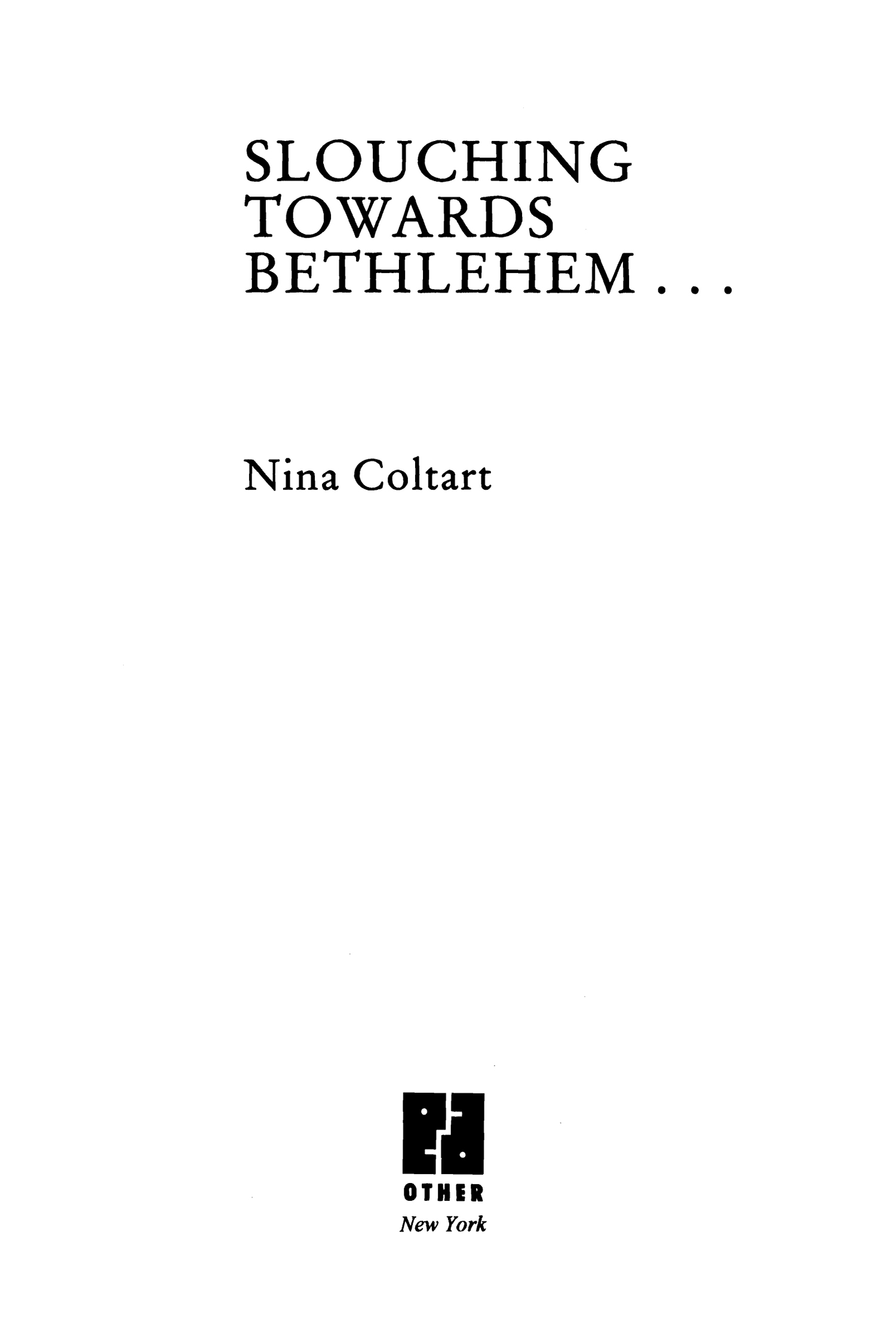
Copyright 2000 by Nina Coltart
Ebook ISBN9781635421262
All rights reserved, including the right to reproduce this book, or parts thereof, in any form, without written permission from Other Press LLC, except in the case of brief quotations in reviews for inclusion in a magazine, newspaper, or broadcast. For information write to Other Press LLC, 267 Fifth Avenue, 6th Floor, New York, NY 10016. Or visit our Web site: www.otherpress.com.
The Library of Congress has cataloged the printed edition as follows:
Coltart, Nina
Slouching towards Bethlehem / Nina Coltart.
p. cm.
Originally published: New York : Guilford Press, c1992.
Includes bibliographical references and index.
ISBN 978-1-892746-55-9 (pbk.)
1. Psychoanalysis. 2. PsychoanalysisPhilosophy. 3. Psychotherapist and patient. I. Title.
RC509.C62 2000
616.8917dc21
00-039191
a_prh_5.6.0_c0_r0
My special thanks are due to the friends and colleagues who have invited me to speak in a variety of places during the last decade, thus providing the only incentive which ever stimulates me to write a paper at all. Among them are Neville Symington in Sydney, Gregorio Kohon in Brisbane, Polly Lind in New Zealand, Joe Berke in London, and, rather specially, Kit Bollas, who has facilitated many enjoyable encounters with new colleagues in different parts of the United States.
I would like to thank Bob Young for his patient, relentless pursuit of the idea of collecting my papers for publication. Without his encouragement, I doubt whether I would have thought of it, and it might not have come about. And also I would like to thank Ann Scott for her sympathetic help and skilful editing.
The real hard work has always been done by my friend of over thirty years, Isabel Vincent. She has turned my many (longhand) versions into word-processed ones with reliable speed and accuracy; and moreover with a lively critical interest in their subject matter which has been of constant value to me. I am deeply grateful to her.
My most grateful thanks to Ruth Levitt for compiling the index.
Some of these papers are reproduced by kind permission of the following journals: International Journal of Psycho-Analysis for The analysis of an elderly patient, 72(2); British Journal of Psychotherapy for Diagnosis and assessment for suitability for psychoanalytic psychotherapy, 4(2), and Attention, 7(2); Psychoanalytic Dialogues for The silent patient, 1(3); and Psychoanalytic Psychotherapy for The treatment of a transvestite, 1(1).
I would also like to thank the following: Gregorio Kohon who edited The British School of Psychoanalysis: The Independent Tradition, Free Association Books, and included my first paper, Slouching towards Bethlehem; and Dame Iris Murdoch, Chatto & Windus and Ed Victor Ltd for kind permission to quote from the novel The Black Prince.
This paper was first given as a contribution to the English-speaking Conference of Psychoanalysts in 1982. The Conference was in the form of a symposium, whose overall title was simply Beyond Words. This is an expanded version of my original paper.
After I had agreed to write this paper, my mind went blank for quite a long time. Then I began to realize that a paper for a symposium whose overall title was Beyond Words appropriately had to be generated in that very area, namely, where blankness seemed to be. After a while, the title for the paper announced itself. I was wary of it, since it seemed both eccentric and religious. But it stuck tenaciously. For those of you who do not know it, it is taken from a short poem by W. B. Yeats called The Second Coming (1919). It occurred to me when I reread it closely that it is a poem about breakdown and the possibility of healing, or could be seen as such. It is mysterious, but then so is our subject. It goes like this (my final italics):
Turning and turning in the widening gyre
The falcon cannot hear the falconer;
Things fall apart; the centre cannot hold;
Mere anarchy is loosed upon the world,
The blood-dimmed tide is loosed, and everywhere
The ceremony of innocence is drowned;
The best lack all conviction, while the worst
Are full of passionate intensity.
First published in The British School of Psychoanalysis: The Independent Tradition, edited by Gregorio Kohon. London: Free Association Books, 1986.
Surely some revelation is at hand;
Surely the Second Coming is at hand.
The Second Coming! Hardly are those words out
When a vast image out of Spiritus Mundi
Troubles my sight: somewhere in sands of the desert
A shape with lion body and the head of a man,
A gaze blank and pitiless as the sun,
Is moving its slow thighs, while all about it
Reel shadows of the indignant desert birds.
The darkness drops again; but now I know
That twenty centuries of stony sleep
Were vexed to nightmare by a rocking cradle,
And what rough beast, its hour come round at last,
Slouches towards Bethlehem to be born?
This is not a paper on religion. It does not look to Messianic dogma, nor to Christian symbol to help us out of the anarchic depths of the unconscious. What caught my attention was the idea that there is a distinct metaphor for us in the poem which speaks to the whole of what analysis is about. We can move the metaphor of the poem from the religious to the analytical. Some people have seen this metaphor as pessimistic; you will gather that I have seen it differently.
It is of the essence of our impossible profession that in a very singular way we do not know what we are doing. Do not be distracted by random associations to this idea. I am not undermining our deep, exacting training; nor discounting the ways in which unlike many people who master a subject and then just do it, or teach it we have to keep at ourselves, our literature and our clinical crosstalk with colleagues. All these daily operations are the efficient, skilful and thinkable tools with which we constantly approach the heart of our work, which is a mystery.
Font size:
Interval:
Bookmark:
Similar books «Slouching Towards Bethlehem»
Look at similar books to Slouching Towards Bethlehem. We have selected literature similar in name and meaning in the hope of providing readers with more options to find new, interesting, not yet read works.
Discussion, reviews of the book Slouching Towards Bethlehem and just readers' own opinions. Leave your comments, write what you think about the work, its meaning or the main characters. Specify what exactly you liked and what you didn't like, and why you think so.

